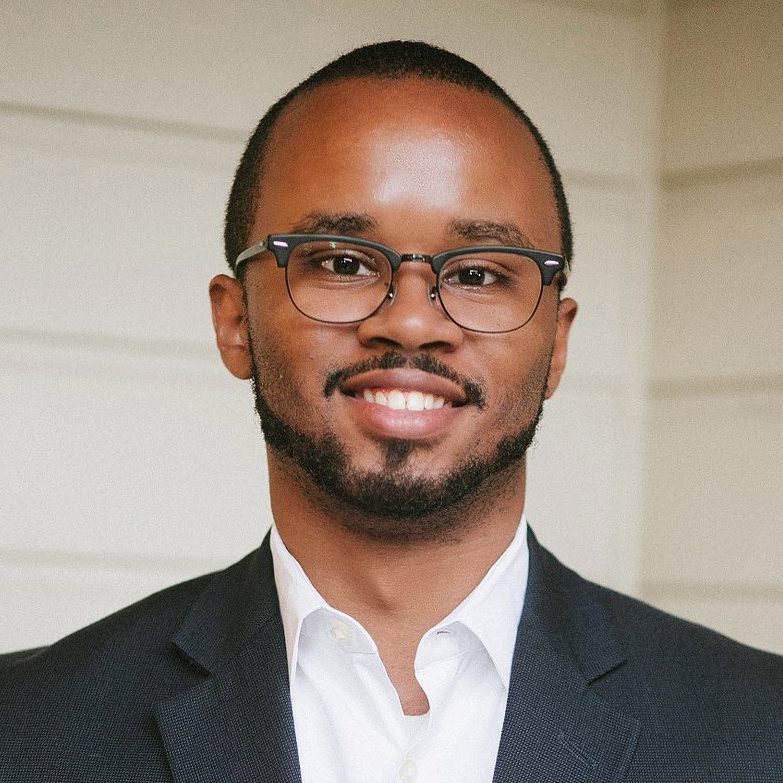This post continues our series, The Smart Scholar, with tips on how professors can navigate COVID-19 and support their students.
My hope is that this post finds you and your family healthy and well. Like most of you, my life took a drastic turn in the last two weeks with the onset of and response to the Coronavirus pandemic. Through my various conversations with colleagues on Twitter and Facebook, many of us professors are trying to figure out how to balance transitioning our classes online along with the other professorial responsibilities. In addition, we’re navigating how to manage our familial responsibilities. Given this new reality for the foreseeable future, I wanted to provide some ways that I am approaching this transition as faculty.
Check-in and assess students’ access to resources to complete online courses
In response to the need of social distancing to combat COVID-19, a majority of universities have suspended face-to-face classes and have asked faculty to shift their courses online. Unfortunately this response did not account for the realities of college students. For instance, some students experience various external insecurities (e.g., housing, food, etc.) that can hinder their access to the resources (e.g., personal computer, reliable Internet) needed to succeed in an online learning environment. As a result, it is important that as concerned faculty we ask our students some important questions such as:
- Are you and your family safe?
- Do you have access to a personal computer at home to complete assignments?
- Do you have access to reliable Internet?
As we switch our classes online, I believe we must see the humanity in our students and make sure that what we are proposing for our online class is appropriate for the needs of all of our students.
Scale back on course requirements
I know many of us believe our courses are important. As a result, I have seen some dialogue on Twitter that faculty are looking to transition their courses online and keep the rigorous requirements of the original course. If you are thinking about this, I would urge you to consider scaling back on course requirements.
Our students’ lives have drastically changed in the last few weeks. Some students left campus for spring break and have not been allowed to return. And the uncertainty remains, as the situation is ever-evolving. As concerned faculty we have the academic freedom to scale back our course requirements. Given the unique circumstances, scaling back not only helps our students, but helps us as faculty as we too have been tasked with developing an online course with a week or two notice.
Curtail your thoughts about productivity
While this pandemic has changed the modality we use to teach our classes, unfortunately for many on the tenure track specifically, the tenure clock continues to tick. However, given the drastic changes that have occurred not only in our professional lives, but also our personal lives like having school-aged children home during the workday, potentially taking care of relatives, and managing this traumatic experience with COVID-19, we must have an honest conversation about what productivity should look like.
In many conversations on Twitter I have seen academics discussing how they will use this time of limited mobility to complete projects. While admirable, I hope too that we can agree to not put pressure on ourselves to be as productive during this time as we were before our lives changed.
To aid in supporting pre-tenure faculty, some universities have provided one-year tenure track period extensions; however, this is not at all institutions. My urge to university administrators is to provide your tenure track faculty with an automatic tenure track extension and allow faculty to apply for tenure promotion during their normal timeline if they should choose to.
How are you all handling transitioning your classes and balancing your personal and professional lives? What are some other tips during COVID-19 for professors? Do you have materials you can share with colleagues on creating online courses? I would love to hear from you on Twitter. I hope that we can support one another during this unprecedented time.
Author Bio: Dr. Ramon B. Goings is an assistant professor of educational leadership at Loyola University Maryland. His research examines gifted/high-achieving Black male academic success PreK-PhD, diversifying the teacher and school leader workforce, and the student experience and contributions of historically Black colleges and universities to the higher education landscape. Dr. Goings is also the founder of The Done Dissertation Coaching Program which provides individual and group dissertation coaching for doctoral students. For more information about Dr. Goings’ research please visit his website www.ramongoings.com and follow him on Twitter (@ramongoings) and for more information about The Done Dissertation Coaching Program visit www.thedonedissertation.com.
Any opinions, findings, conclusions, or recommendations expressed in this material are those of the authors and do not necessarily reflect the view of Interfolio.

